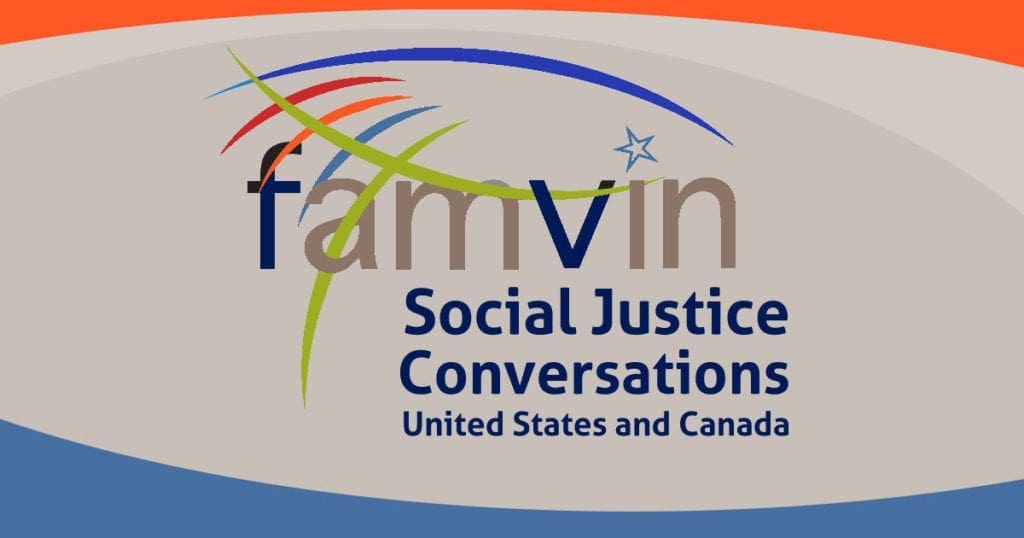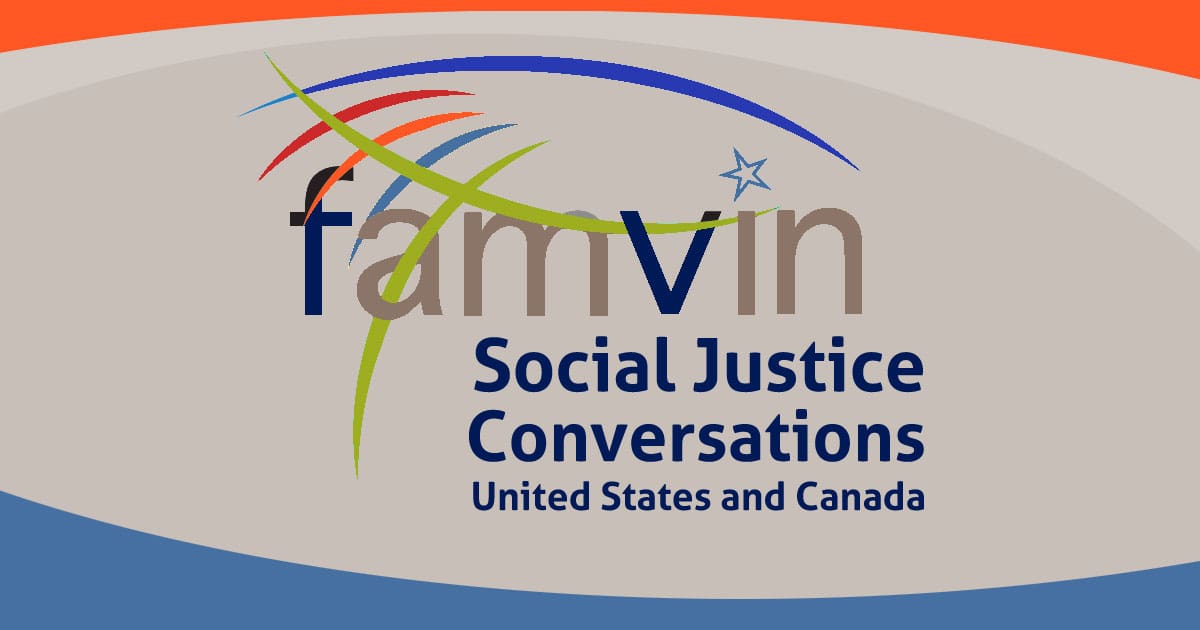An Awakening to Structures that Oppress
In the current context of the pandemic and the awakening to systemic racial injustice, what is the work to which God is calling us?
As Daughters of Charity, we seek to find Christ and contemplate Him in the heart and life of those who are poor. (Constitution 10)

As the pandemic has revealed deep structural differences in society, we are challenged to see the faces and experience the anxiety of families unable to provide for basic necessities. As the government, agencies, and non-profits responded, I wondered what a radical re-distribution of wealth would look like? Did the COVID-19 unemployment benefits allow families to pay their rent? What if every family had a guaranteed basic income? What if just wages allowed families to pay their rent?
When the disparities in access to health care became so blatant, we were awakened to the experience of people of color. People are not dying because they are black or brown. They are dying because of racism.
Dr. Ibram X. Kendi challenges: “One either allows racial inequities to persevere, as a racist, or confronts racial inequities, as an antiracist. There is no in-between safe space of not racist. The claim of not racist neutrality is a mask for racism.” How to Be an Antiracist
Step one: Listen to and learn from black leaders where I live and minister, especially women and young adults.
Step two: Host and participate in The Racial Wealth Gap Learning Simulation of Bread for the World Institute at bread.org/simulation. The simulation reveals connections among racial equity, hunger, poverty, and wealth. It is a good first step for people unaware of structural inequality, a support tool for those who want a deeper understanding of structural inequality, and a source of information for experts who want to know the quantifiable economic impact of each policy that has widened today’s racial hunger, income, and wealth divides.
Step three: Be part of acknowledging our own complicity in institutional racism.
Tags: social justice







Excellent ideas adn resources for deepening my understanding of racism and , hopefully, a meaningful conversion that leads to action with and for folks who have suffered from racism for way too long!
I appreciate your stating directly that one cannot simply say “I am not racist.” If we are not doing all we can to eliminate racism by addressing white privilege, we are supporting racism. As Vincentians and especially those of us who are white need to face this issue directly. Peace!
Thanks for this, Julie. I have a quote from Trevor Noah of the Daily Show running in my head: “Racism is like cornstarch…it’s in everything.”
It seems to me that unless and until we realize the depth and breadth of racism all around us, in everything, we will not systemically erase it.
Surprised to come across this today, Julie. Am a little behind on my famvin work.
Thank you for this article that helps me better understand my own racism.